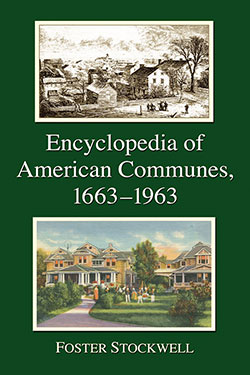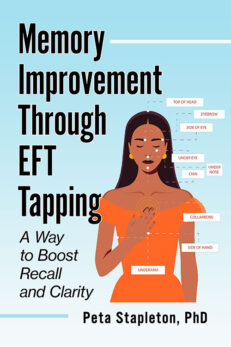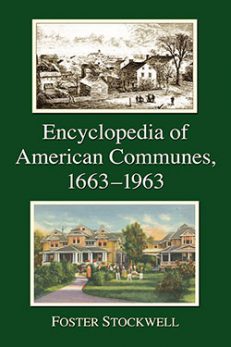Encyclopedia of American Communes, 1663–1963
Original price was: $49.95.$39.99Current price is: $39.99.
In stock
About the Book
Swanendael, the first communal experiment in America, was established in 1663 by Mennonites from Holland. The scant records available on the community show that 41 people, led by Pieter Cornelisz Plockhoy, settled in an area near Lewes, Delaware, in the late summer. These “souls,” as they were called, shared all things in common, refused to keep slaves, practiced religious toleration for all but Catholics and “stiff-necked Quakers,” and had the first free school in the New World. The opening of the New World made America the ideal location for many experimental communities. Its unspoiled and inexpensive land encouraged social experimentation and as a result most of the world’s communes have been established in the United States. This encyclopedia details the more than 500 communes established in America, from Swanendael (1663) through Tolstoy Farm, founded in 1963. Entries include the name of the commune, the years it operated, the community’s leaders, a brief history, a discussion of extant buildings or artifacts, and sources for further study.
About the Author(s)
Bibliographic Details
Foster Stockwell
Format: softcover (6 x 9)
Pages: 267
Bibliographic Info: 34 photos, 2 charts, 1 map, appendices, bibliography, index
Copyright Date: 2013 [1998]
pISBN: 978-0-7864-7620-6
eISBN: 978-1-4766-0608-8
Imprint: McFarland
Table of Contents
About the Encyclopedia 1
Introduction 3
The Encyclopedia 13
Appendix 1: Communes by Year of Formation 233
Appendix 2: Government Projects 240
Bibliography 245
Index 255
Book Reviews & Awards
“entries are lively, with many interesting details…comprehensive…useful”—Booklist; “useful…recommended”—ARBA; “makes a real contribution to communal scholarship…a fine job…a welcome addition”—Utopian Studies; “fills a void…‘communes’ form an important aspect of American history and this encyclopedia both documents and celebrates them…good photographs…relevant not only to American and religious studies, but to the study of sociology, social theory, politics, education and much else”—Reference Reviews; “strong index…fills a void”—Rettig on Reference.





